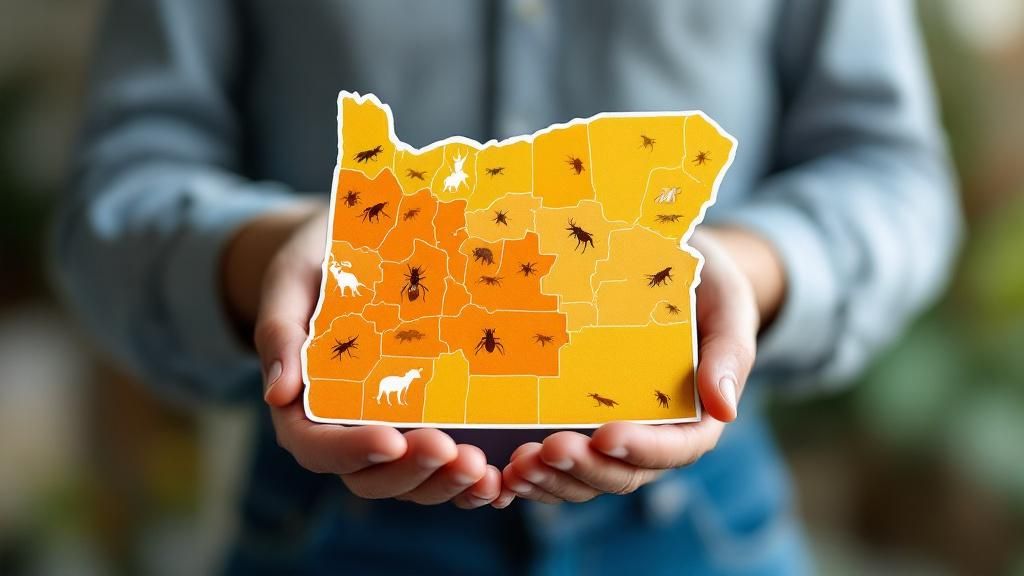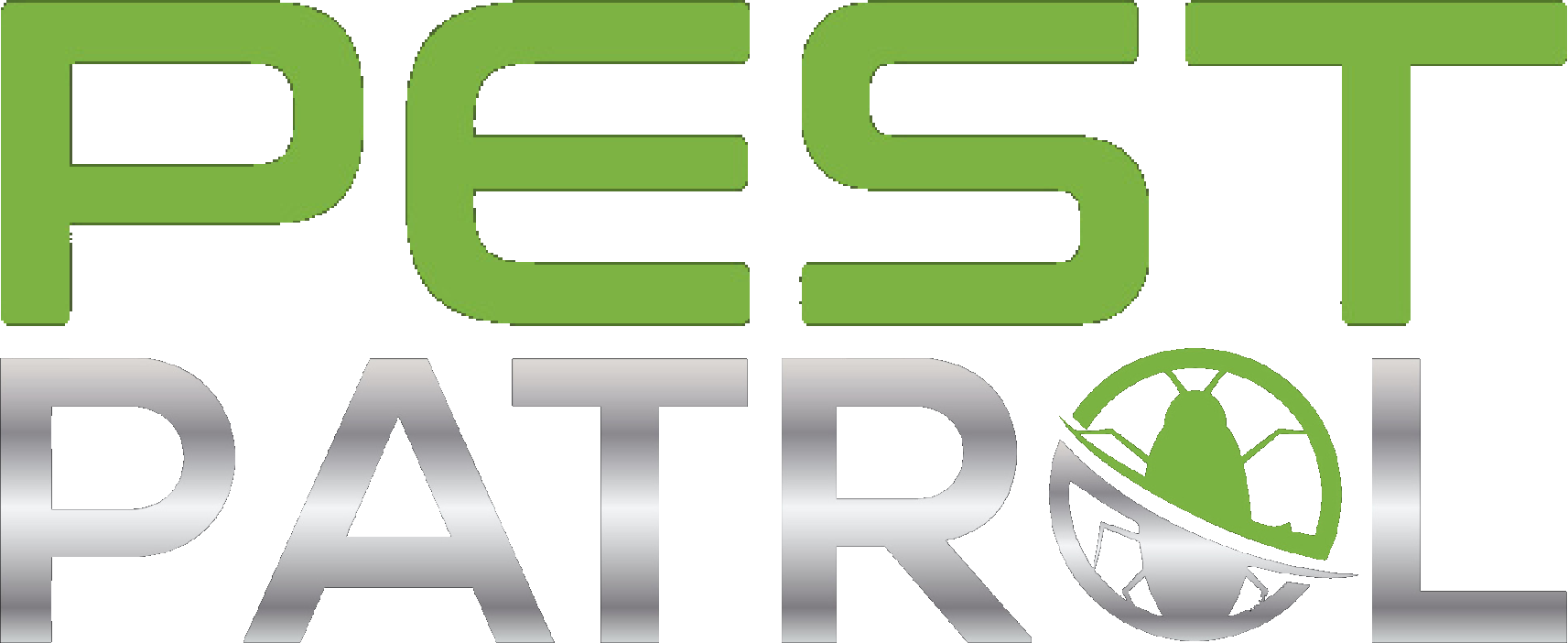Key Takeaways
- Oregon’s climate supports a wide variety of pest problems year-round.
- Professional pest control provides tailored, long-term solutions that DIY often cannot.
- Licensing, certifications, and local experience are essential when choosing a provider.
- Preventive plans are more cost-effective than reactive treatments.
- A good pest control company balances effectiveness with eco-friendly practices.
Oregon’s mild and moist climate creates ideal conditions for pests to thrive. From ants and rodents to termites and cockroaches, homeowners face threats that can disrupt daily life and damage their property. Whether you’re experiencing an active infestation or just want peace of mind, choosing the right pest control service is crucial.
This guide will help Oregon homeowners understand what to consider when hiring a pest control provider, the dangers of relying solely on DIY solutions, and why professional intervention often delivers better results.
Understanding Oregon’s Unique Pest Landscape
Unlike drier states, Oregon’s temperate environment allows many pests to remain active throughout the year. While spring and summer typically bring ants, wasps, and mosquitoes, colder months drive rodents and spiders indoors. Certain species like carpenter ants or subterranean termites are particularly problematic in forested or damp areas.
This seasonal variety means that pest control in Oregon must be adaptive and locally informed. What works in another state might not apply here, which is why it’s important to choose a service familiar with regional pest behaviors and building styles.
Professional Pest Control vs DIY: What’s the Difference?
Why DIY Isn’t Always the Best Option
It’s tempting to reach for over-the-counter sprays or set your own traps when you see a pest, especially if you’re trying to save money. While this may seem like a quick fix, DIY methods often only address surface-level symptoms, not the root of the problem.
- Limited product access: Many high-efficiency treatments are not available to the general public.
- Misidentification of pests: Leads to ineffective treatment.
- Lack of prevention: DIY doesn’t typically offer long-term protection.
- Inconsistent application: Can cause resistance in some pests, like ants or roaches.
The Value of Hiring Professionals
By contrast, professional pest control services provide:
- Thorough inspections to locate entry points and nests
- Targeted treatments based on accurate pest identification
- Safe application methods that follow Oregon safety regulations
- Integrated Pest Management (IPM) strategies that combine prevention, monitoring, and treatment
- Ongoing support and warranties that DIY methods don’t include
Pest Patrol, for instance, offers quarterly maintenance plans and eco-conscious products tailored to the Pacific Northwest climate. These services aren’t just more effective—they’re safer, smarter, and longer-lasting.

Qualities to Look for in a Pest Control Company
Choosing a pest control company should go beyond the lowest quote. Here are essential factors to consider:
1. Licensing and Certification
Make sure the company is registered with the Oregon Department of Agriculture and employs certified technicians.
2. Experience and Local Knowledge
Look for providers that specialize in Oregon pests and understand the seasonal shifts affecting infestations.
3. Transparency
A trustworthy service offers detailed written reports outlining the problem, treatment plan, and any follow-up.
4. Eco-Friendly Practices
Many Oregon homeowners prefer green solutions. Ask about low-toxicity treatments, biopesticides, or natural deterrents.
5. Customer Service and Reviews
Check for consistent ratings on Google or Yelp. How a company treats its clients often reflects the quality of service.
What to Expect from a Residential Pest Control Visit
Understanding the process can make you feel more confident when hiring a professional. A typical visit includes:
- Initial consultation and inspection
- Diagnosis of the pest issue, including type and scope
- Customized treatment plan tailored to your home
- Product application, if necessary
- Preventive recommendations, such as sealing cracks or fixing drainage issues
- Follow-up visits or quarterly treatments depending on the plan
Some companies also offer exterior cobweb removal, rodent bait stations, or all-natural insect repellents as added services.
The Cost of Inaction
Ignoring a pest problem can cost more in the long run. Here’s why:
- Rodents can chew electrical wiring, leading to fire hazards.
- Termites quietly destroy wood structures, often going unnoticed for months.
- Cockroaches and mice can contaminate food and trigger health issues.
A small infestation can turn into a major problem in a matter of weeks. Preventive care is always more affordable than emergency remediation.
Maintenance Matters: The Value of Long-Term Service Plans
Ongoing pest management is the most reliable way to keep your home protected. Many Oregon pest control providers offer seasonal or quarterly plans that include:
- Routine inspections
- Preventive treatments
- Emergency call-outs
- Seasonal pest forecasting
These plans reduce the likelihood of infestation and ensure small problems are addressed before they escalate. A service like Pest Patrol makes it easy by providing regular check-ins and updates, all while using environmentally responsible solutions.
Frequently Asked Questions
Are pest control treatments safe for pets and children?
Yes. Most professionals use low-toxicity or organic solutions and will inform you of any safety precautions in advance.
How often should I have my home treated?
Quarterly treatments are common for prevention. More frequent visits may be necessary for active infestations.
Can I handle pest control myself?
DIY may work for very minor problems, but for most infestations, professional services are more effective and safer.
What should I do before a pest control visit?
You may be asked to clear areas near walls, store food securely, or keep pets temporarily out of treatment zones.


